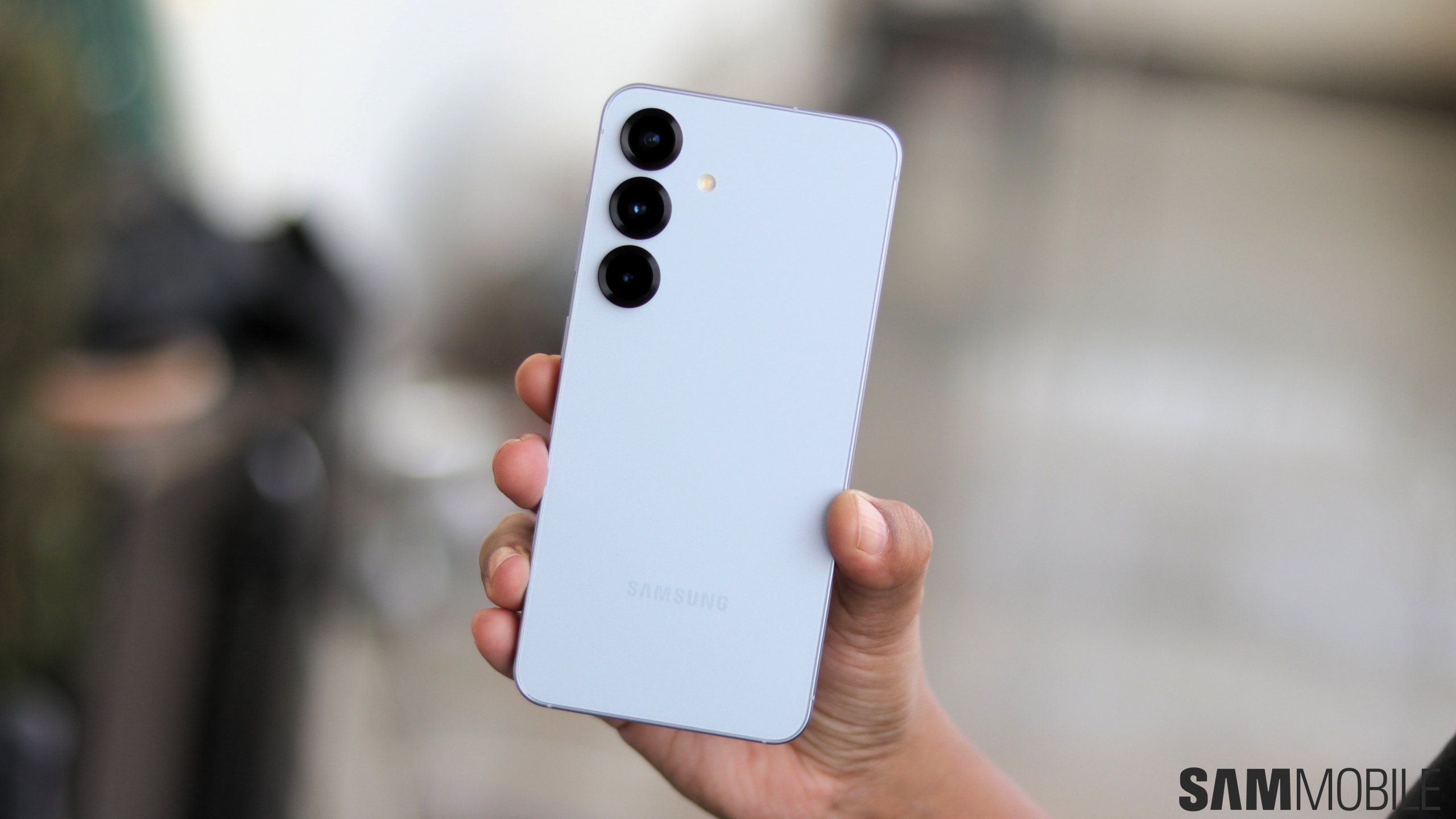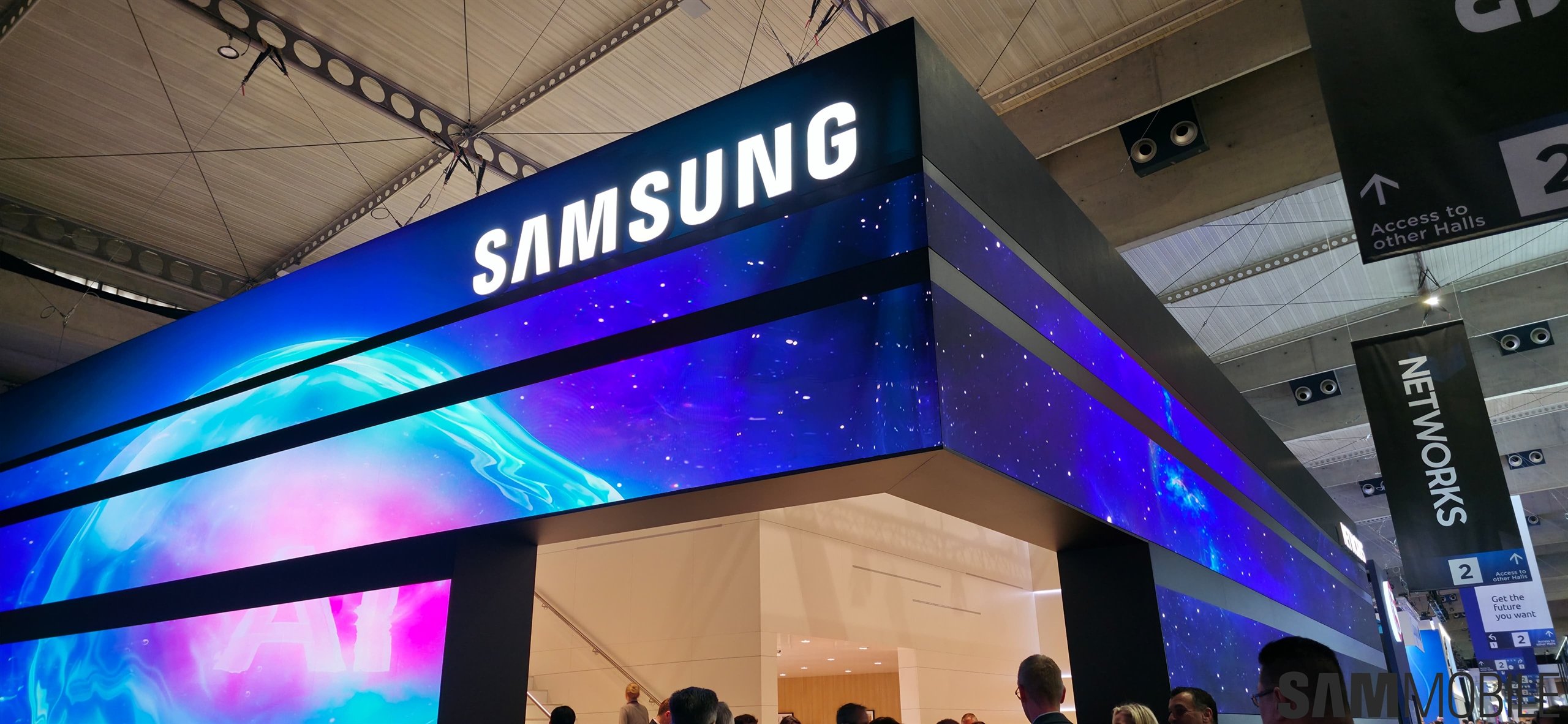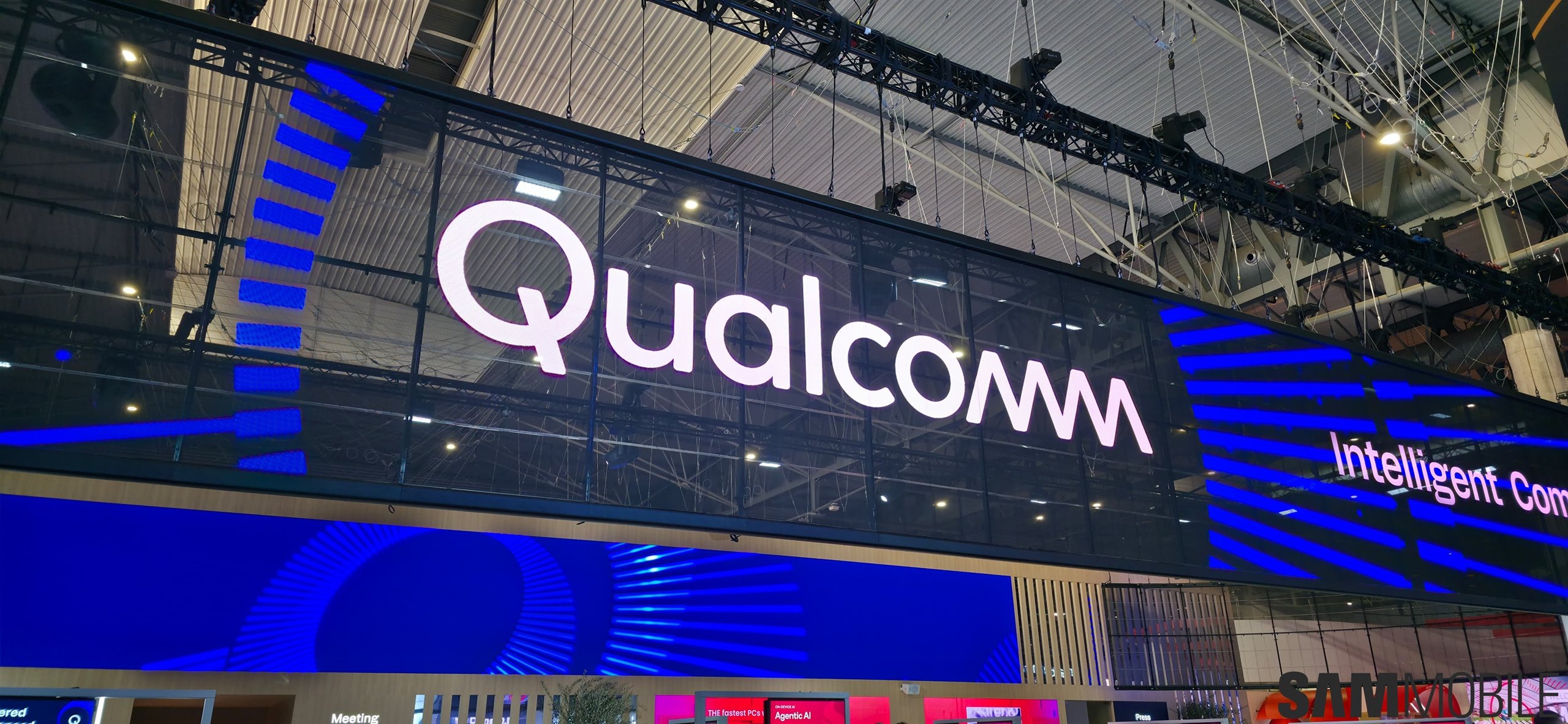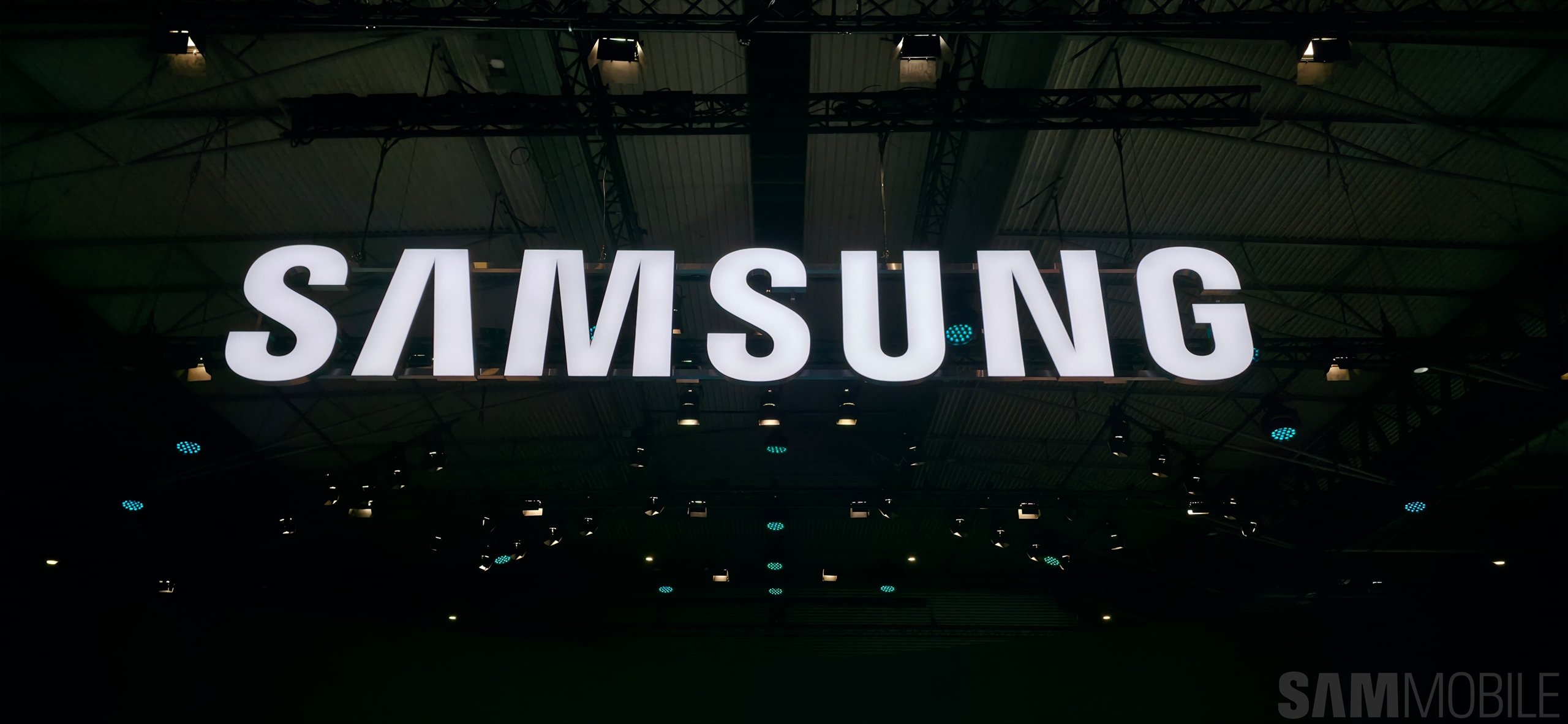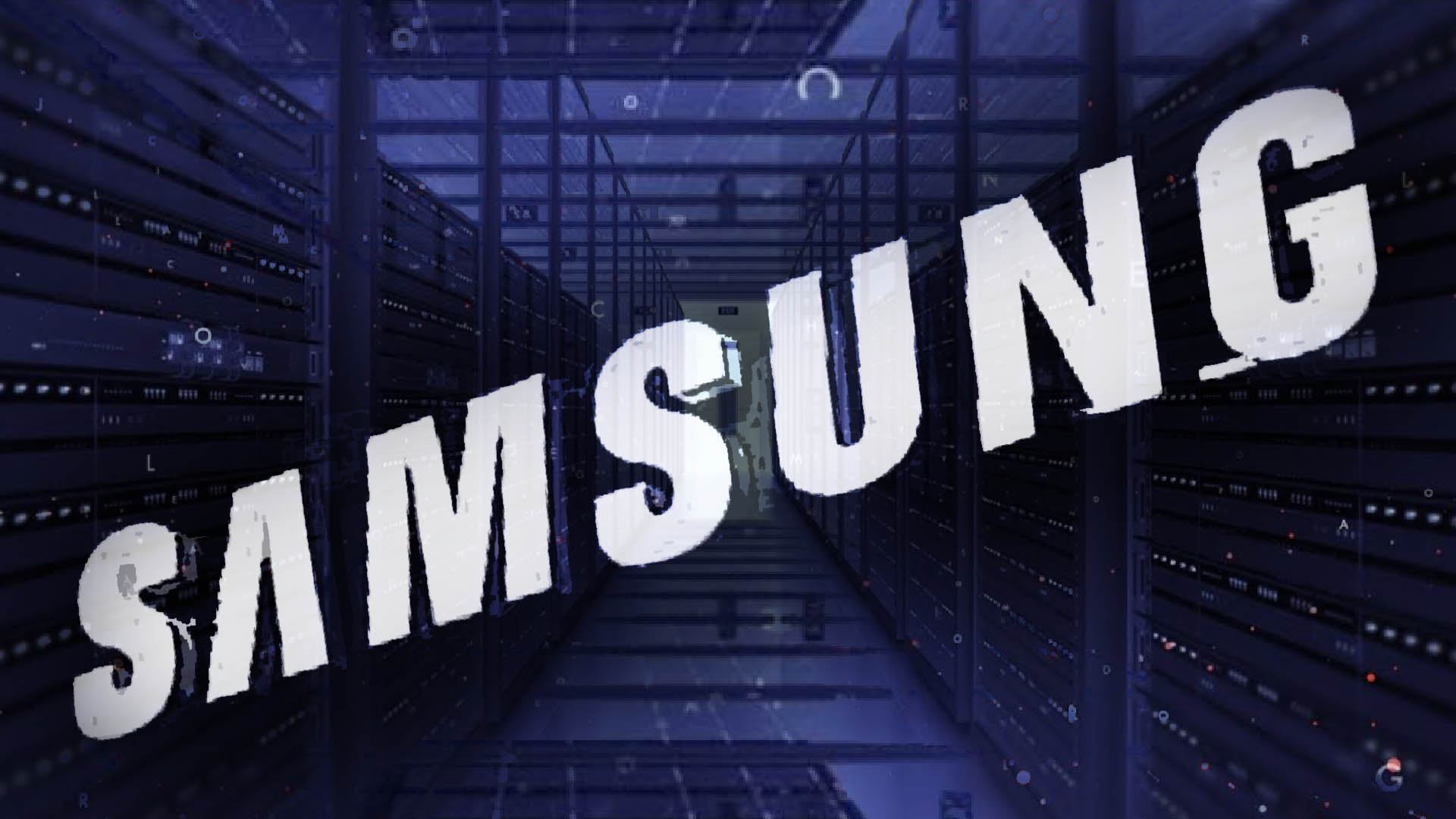
By the end of the first quarter of 2021, TSMC was able to increase its contract manufacturing market share by 8 points compared to Q1 2019. It had a share of 56%, outperforming Samsung who has lost 1% market share in the same quarter. But more worrying for Samsung is that TSMC has secured major US customers including Apple and Advanced Micro Devices.
TSMC acquired EUV equipment from ASML before Samsung
Samsung has suffered setbacks due to various reasons, such as its factory in Texas getting temporarily shut down due to severe weather conditions, and the fact that US companies seemingly have a preference towards TSMC thanks to favorable Taiwan-US relationships.
Some US-based fabless companies who are in need of semiconductor foundries have reportedly grown more reluctant towards signing long-term agreements with Samsung because South Korea maintains two-way diplomacy with both China and the US, therefore there's a higher risk of the supply chain being disrupted by political events.
But Samsung Semiconductor's problems became much more evident when the company failed to acquire enough equipment for EUV semiconductor manufacturing from ASML. As some of you might recall, Lee Jae-yong met with ASML CEO and CTO last year to discuss the supply of equipment necessary for 7nm-and-lower EUV-based processes, but said meeting may have not been very lucrative.
According to Nikkei, TSMC was able to beat Samsung to the punch and secure 70% of ASML's equipment before Samsung. And because ASML is the only company in the world capable of supplying EUV equipment of this industrial scale, Samsung has lost a lot of ground to TSMC who will undoubtedly use this advantage to widen the technology gap between it and its rival even further.
Meanwhile, TSMC wants to allocate $100 billion to capital spending by 2023 to combat the semiconductor shortage, and Samsung is trying to achieve similar results by speeding up the construction of its P3 factory.












